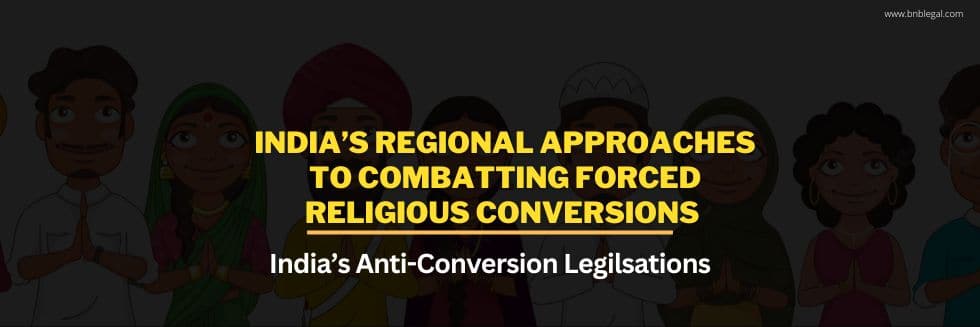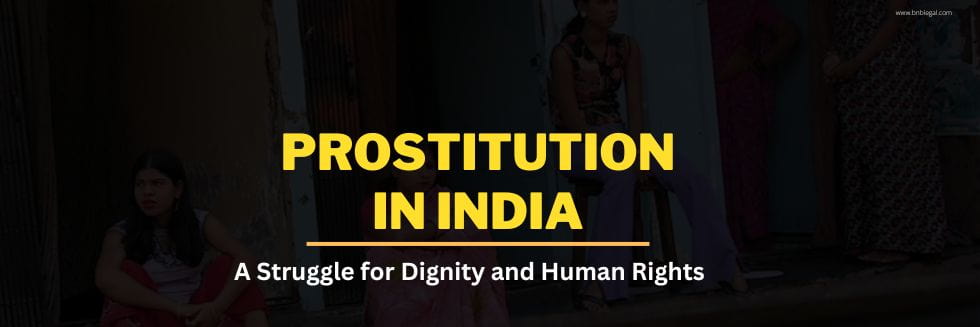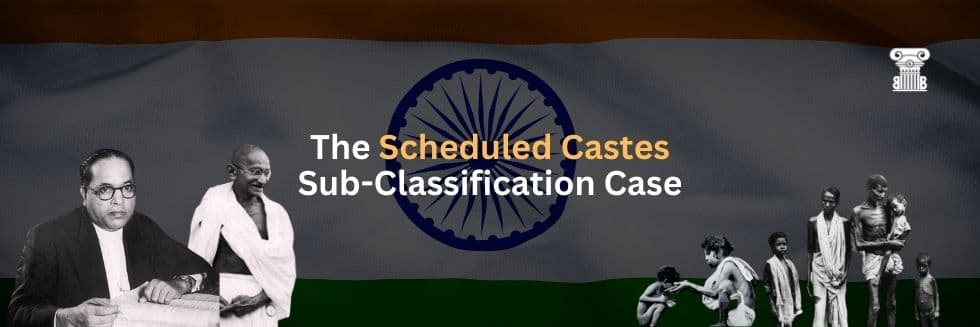Equality before Law and Equal Protection of Laws
According to Article 14 of the Indian Constitution, “the State shall not deny to any person equality before the law or the equal protection of the laws within the territory of India.” Here, emphasis needs to be given to the term ‘person’, used in the Article. This right is confined to the citizens of the country but rather would include foreigners as well as legal persons, viz, registered societies, statutory corporations, companies or any other type of legal person.
This right has two concepts involved:
- Equality before Law
- Equal Protection of Laws
These two concepts though look identical but are substantially different.
Equality before Law
This concept finds its roots in the English Common Law. This suggests that there must be an absence of any special privileges in favour of any person, and there must be equal subjection of all persons to the ordinary law of the land followed in the courts. No person is above the law.
Equal Protection of Laws
The second concept, on the other hand, connotes that it is a mandate for the state to ensure that there is equality of treatment under equal circumstances, both in the privileges conferred and liabilities imposed by the laws, i.e. the laws must be similarly applied to all persons who are similarly situated. This means that the like should be treated alike without any discrimination.
This second concept is the outcome of the Constitution of the United States of America. Section 1 of the 14th Amendment (U. S. Constitution) uses the term “equal protection of the laws”. Dicey opines that equality before the law does not mean absolute equality of men, which is a physical impossibility. This means that the like should be treated alike without any discrimination. This implies that where equals and un-equals are treated differently, Article 14 is not attracted.
Intelligible Differentia and Reasonable Nexus
It must be noted that ‘Class Legislation’ is forbidden under the provisions of Article 14. But still, what is allowed is Reasonable Classification. This means that if two different persons or classes are treated differently, then such a differentiation would be allowed if there is an intelligible differentia, i.e. difference capable of being understood along with a reasonable nexus with the object sought to be achieved.
The rule of law
A.V. Dicey, a British jurist, has propounded the concept of the rule of law of which ‘Equality before Law’ is an element. This concept advocates that there must be the absence of arbitrary powers and no person should be punished except for an offence which is in breach of the law. This also means that there has to be equal subjection of all the citizens to the ordinary law of the land.
Exceptions to Article 14
However, this right to equality is not absolute in nature, but in fact, there are several constitutional as well as non-constitutional exceptions to it. For instance, the President of India or the Governor of States is immune from the criminal proceeding instituted against them during their term of office. Also, foreign ambassadors and international agencies like UNO enjoy diplomatic immunity.
Also, no member of the Parliament of India or any of the State Legislature shall be liable to any proceedings in any court in respect of anything said or any vote given by him in the Parliament/State Legislature or any committee thereof. Further, when the state makes a law for implementing the Directive Principles contained in clause (b) or clause (c) of Article 39, it cannot be challenged on the ground that such a law is violative of Article 14.
(This article was submitted by Shivam Agrawal, a 2nd year student of law at Hidayatullah National Law University, as a part of B&B Associates LLP’s winter internship program.)









